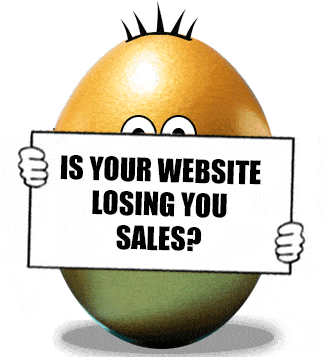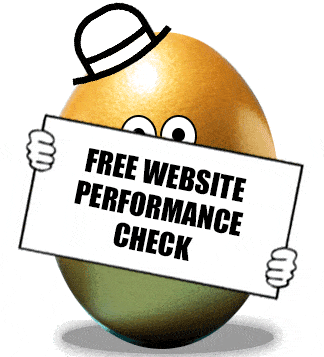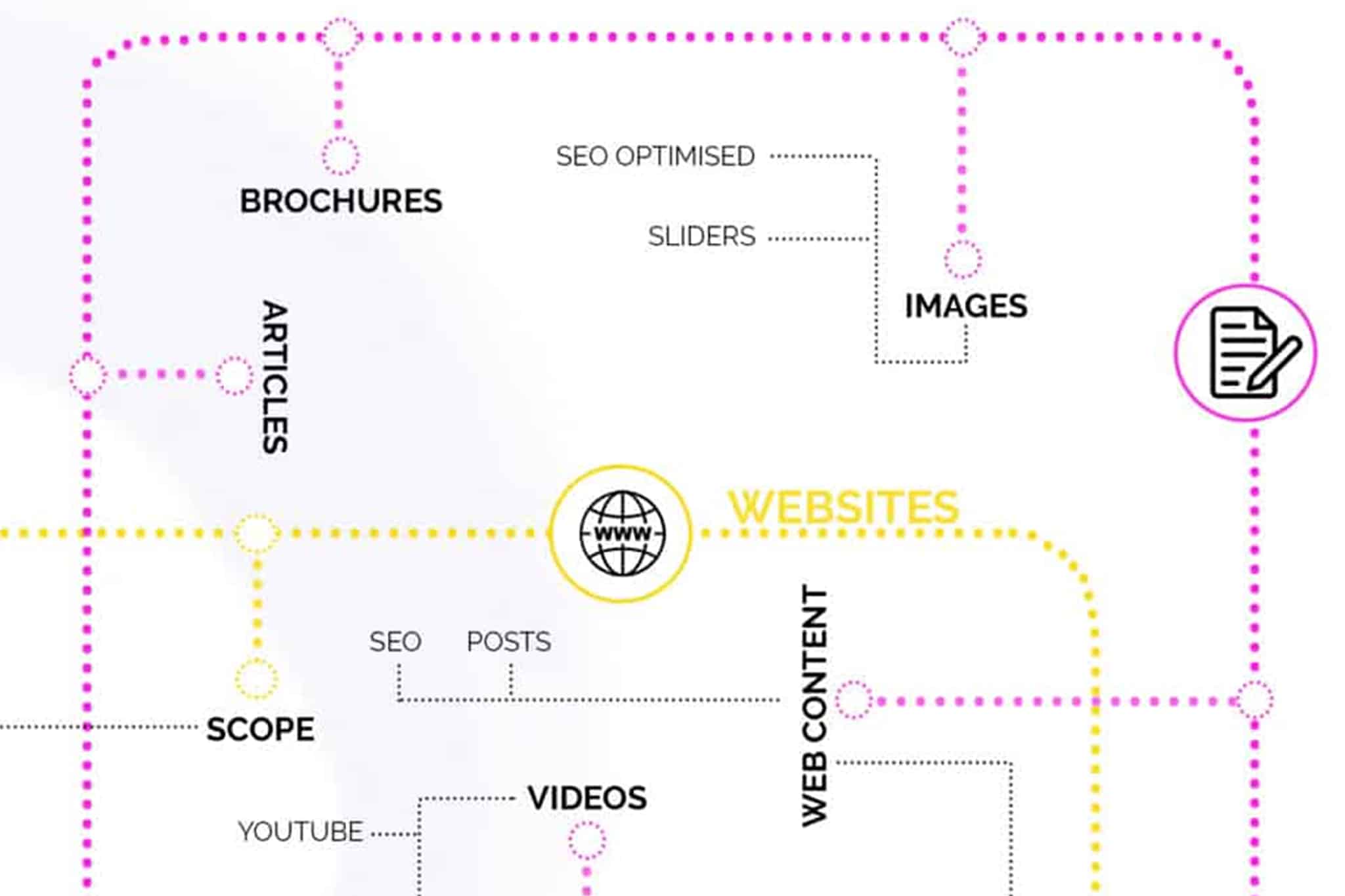Rethinking The Sales Funnel
The classic sales funnel
A sales funnel is a marketing concept that describes the journey a customer goes through when purchasing a product or service. It is a multi-step process that begins with the initial awareness of a product or service and ends with a purchase decision.
The funnel is divided into several stages, including the awareness stage, the interest stage, the consideration stage, and the purchase stage. Each stage represents a different level of engagement and commitment from the customer. Understanding the sales funnel is important for businesses as it helps them to identify and target the right customers at the right time, and ultimately increase sales. In this article, we will explore the different stages of the sales funnel and how businesses can use it to improve their marketing and sales efforts.
We are all used to seeing the sales funnel as a wide amount of visitors at the top , who then get converted to prospects and eventually a narrower element become clients. This approach has been around for years so does that mean there is a need for rethinking the sales funnel?
The quote from William Townsend Bond Salesmanship in 1924 summarises this dated approach nicely ” Salesmen should visualise sales steps as forcing facts through a funnel which produces favourable consideration. Funnels helped many a salesmen… ”
So the short term challenge of “Revenue Now” becomes how to keep the quantity of visitors and prospects churning through the sales sausage machine.
Buyers Journey and Stages of Awareness
1: Awareness – someone in this stage
- has a problem or goal and a sense of urgency
- wants to learn more about that problem or goal
- whats to know what sort of options are available
2: Consideration – someone in this stage
- knows the sorts of options or solutions available
- wants to learn more about the pros and cons of each
- wants to know which one suits them best
3: Decision – someone in this stage
- has picked a type of solution
- knows the most suitable service providers
- wants to know which one is the best match
BUT – this model still just aims for the immediate sale
Extending the model
Awareness – Consideration – Decision
4: Retention someone in this stage
- may want to make the most out of the first purchase
- might not be entirely happy and isn’t sure what to do
- may be interested in additional services / products
5: Loyalty someone in this stage
- has used / purchased from you more than once and is mostly happy
- might need a nudge to make them purchase again
- would often love some toke of appreciation
6: Advocacy someone in this stage
- actively sends you referrals or recommends your product / service
- will stand up for you in online discussions
- should be spoiled rotten and treated in a very special way ( not the new customer gets all the goodies approach and loyal customers get mis treated)
BUT – this development of a longer term client relationship is not linear – because people do business with people they know, like and trust. We can only grow closer over time.
Challenges with the sales funnel concept
The sales funnel concept has been widely adopted by businesses, but it also has some limitations and problems that need to be considered. Here are a few examples:
- Not all customers follow the same path: The sales funnel assumes that all customers follow the same journey from awareness to purchase, but this is not always the case. Some customers may skip certain stages or move back and forth between stages. This can make it difficult for businesses to track and target customers effectively.
- Focusing too much on the funnel can lead to neglecting other important aspects of the customer journey: Businesses may become so focused on the funnel that they neglect other important aspects of the customer journey, such as post-purchase support and customer retention.
- Assumes a linear purchase process: The funnel implies a linear buying process, but in reality, the process is much more complex, customers may move back and forth in the funnel, or even leave and come back later.
- Doesn’t take into account the digital era: The funnel concept was developed before the digital era, so it does not take into account the many new touchpoints and channels available today for customers to research, evaluate and make purchase decisions.
- Doesn’t take into account the customer’s experience: The funnel is mainly focused on the business’ goals and not on the customer’s experience. It is essential to consider the customer’s experience throughout the funnel and make sure it is positive and seamless.
It’s important for businesses to keep in mind these limitations and to not rely solely on the sales funnel concept, but to also consider other factors and strategies that can help them to better understand and target their customers.
How To Improve The Movement From Awareness to Advocacy
- Systemise all routine projects – this will improve overall quality and help in scaling / growth.
- Note ~ 50% of businesses fail within the first 5 years
- Why do businesses fail
- In simplistic terms because they are not able to
- Attract enough leads
- Convert enough clients
- Generate sufficient revenue
- Deliver a consistent level of quality
- In simplistic terms because they are not able to
- Why do businesses fail
- Note ~ 50% of businesses fail within the first 5 years
- Treat your best clients in a special way – often 20% of customers generate 80% of your income
- When you create something new – whether its a product , a process or system
- Document it in details so that it’s easier to reproduce / replicate and explain
- If you are identifying and creating new “products / Services” communicate (and if possible sell) these existing customers first
- Remember keep track of results / findings / feedback so that you can optimise the process
- If these “products / services” look like they have mileage “BRAND” them in order to clearly establish there brand position
- Engage with all and share your knowledge freely. Invite feedback and constructive criticism
Rethinking The Sales funnel
In conclusion, the sales funnel is a powerful concept that can help businesses to understand and target their customers effectively. However, it is important to keep in mind that not all customers follow the same journey and it is necessary to consider other important aspects of the customer journey such as post-purchase support and customer retention.
Additionally, the funnel concept was developed before the digital era, so businesses need to take into account the many new touchpoints and channels that are now available. The funnel is mainly focused on the business’ goals and not on the customer’s experience, so it is essential to consider the customer’s experience throughout the funnel and make sure it is positive and seamless. In order to effectively use the sales funnel, businesses should use it in combination with other strategies and tools to better understand their customers and increase sales.
The sales funnel approach is still relevant for SME (Small and Medium-sized Enterprise) businesses. The sales funnel is a framework that describes the customer journey from the initial awareness stage to the final purchase decision. It helps businesses understand and manage the various stages that a customer goes through before making a purchase.
Here’s why the sales funnel approach remains relevant for SME businesses:
- Customer Acquisition: The sales funnel provides a structured way to acquire new customers. By understanding the different stages of the funnel, SMEs can identify the most effective strategies for attracting potential customers and converting them into leads.
- Lead Qualification: SMEs often have limited resources and need to prioritise their efforts. The sales funnel allows businesses to qualify leads and focus on those with the highest potential for conversion. By nurturing qualified leads, SMEs can maximise their chances of closing deals and generating revenue.
- Conversion Optimisation: The sales funnel helps SMEs analyse and optimise their conversion rates at each stage. By identifying bottlenecks and areas of improvement, businesses can make strategic adjustments to their marketing and sales strategies to increase conversion rates and overall sales.
- Customer Retention: The sales funnel doesn’t end with the purchase. It also includes post-sale activities such as customer onboarding, support, and upselling. For SMEs, nurturing existing customers is often more cost-effective than acquiring new ones. The sales funnel approach enables businesses to focus on building long-term relationships with customers and increasing customer lifetime value.
- Data-Driven Decision Making: The sales funnel provides a framework for tracking and analysing key metrics at each stage. By monitoring conversion rates, customer behaviour, and other relevant data, SMEs can make data-driven decisions to improve their marketing and sales efforts.
However, it’s worth noting that the sales funnel approach may need to be adapted and tailored to the specific needs and resources of SME businesses. The length and complexity of the funnel stages may vary depending on the industry, target audience, and product/service offering. It’s important for SMEs to continuously assess and optimise their sales funnel to ensure its effectiveness in driving growth and revenue.
If you would like to know more about rethinking the sales funnel contact Andrew Goode MBA, MSc, FCIM Click here to arrange a call
Other articles linked with marketing metrics that may provide additional insight. Marketing metrics and analytics, marketing ROI Planning , marketing revenue analytics and Marketing Measurement Metrics

FREE Website Performance Check
- Speed plays an important part in website performance how well does yours perform on desktop and mobile?
- Is your site mobile responsive if not how many customers are you losing?
- Is your site HTTPS?
- With GDPR in place is your site legally compliant?
- Find out about loads more website performance issues










